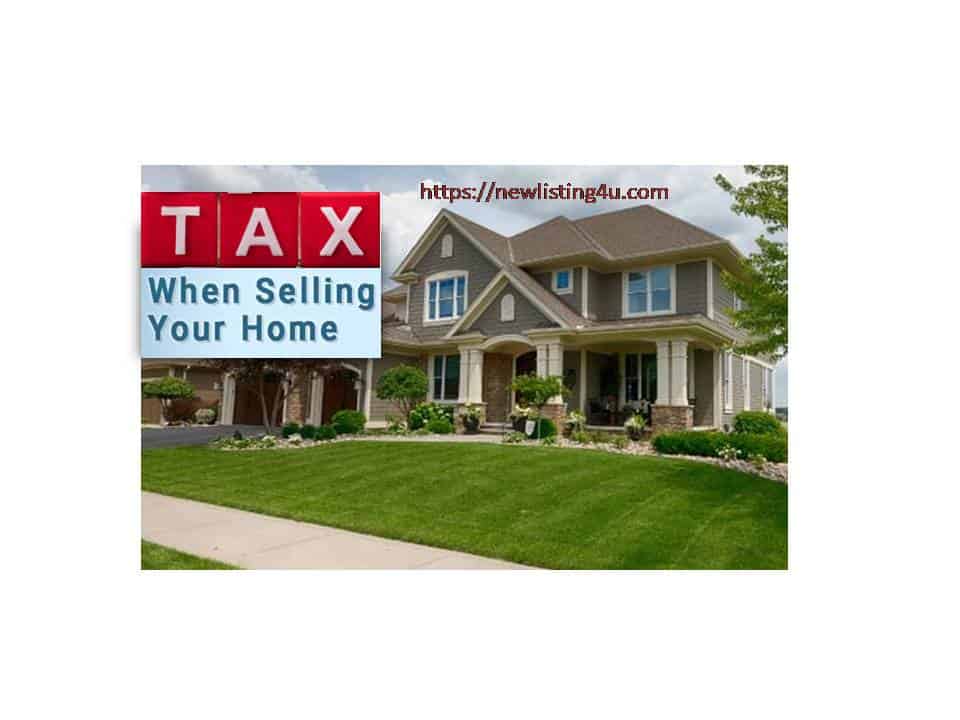Attention Homeowners
Read For Me

The Unexpected Tax Hit of Selling Your Short-Term Rental Property
If you’re renting out your home on Airbnb or similar platforms, you need to know about a recent and critical Tax Court of Canada ruling that could come as an unpleasant surprise when it’s time to sell. This decision redefines the tax implications of selling properties used as short-term rentals, and it’s crucial for homeowners to be informed and prepared.
Imagine this: you’ve rented your condo, townhouse, or single-family home on Airbnb for a while, and now you’re ready to sell. Typically, selling a residential property in Canada is exempt from Harmonized Sales Tax (HST), but the court’s ruling has introduced a major change for properties used consistently for short-term rentals. In short, if your property has functioned like a hotel—regularly welcoming short-term guests—this may shift its classification to “commercial,” which means it could be subject to HST when you sell. That’s 13% of your property’s sale price, a hefty and potentially unexpected tax bill.
This all started with a case involving an Ottawa condo owner who rented their property on Airbnb for 14 months before selling. The owner assumed the sale would be HST-exempt, as is typical for residential properties. However, the Canada Revenue Agency (CRA) re-assessed the sale, classifying it as a commercial transaction and hitting the owner with an HST bill. This was because the property’s regular short-term rental use gave it a commercial status, not a residential one.
This ruling applies to any type of property that has been consistently rented out on a short-term basis, whether it’s a condo, townhome, or house. For homeowners who rent through platforms like Airbnb or VRBO, the potential tax burden could be substantial and might even discourage some from using these platforms.
So, what’s the difference between residential and commercial classification for tax purposes? According to the CRA, if a property is regularly rented out in a way that resembles a hotel—frequent, short stays rather than a typical residential lease—it could be considered commercial. Each case is unique, though, so if you only rent out occasionally, you might not be subject to the same tax treatment.
What’s clear is that if you’re a homeowner renting out your property on Airbnb or any short-term rental platform, this ruling is a wake-up call. It’s essential to seek professional tax advice before selling to understand the potential HST implications. And realtors should also advise clients who are selling a former short-term rental to consult a tax expert before listing the property.
Avoid Surprise Tax Bills When Selling Your Property – We’re Here to Help!
If you’ve been renting out your home on Airbnb or another short-term rental platform, a recent tax ruling could impact you when it’s time to sell. Many homeowners are unaware that consistent short-term rentals could classify their property as “commercial” rather than “residential,” making the sale subject to a 13% Harmonized Sales Tax (HST). This tax could be a costly surprise if you’re not prepared!
Selling a property that’s been used as a short-term rental? Don’t let this tax rule catch you off guard. Contact us to understand how this ruling might apply to your situation and get answers to your questions. We are here to help you make informed decisions so that you’re fully prepared when it’s time to sell.
Reach out through our website’s contact form today or call (647) 621-7344 for a consultation. You will gain knowledge you need to confidently move forward!
Source: Based on recent rulings and information from the Tax Court of Canada and the Canada Revenue Agency (CRA) regarding short-term rental tax implications.
